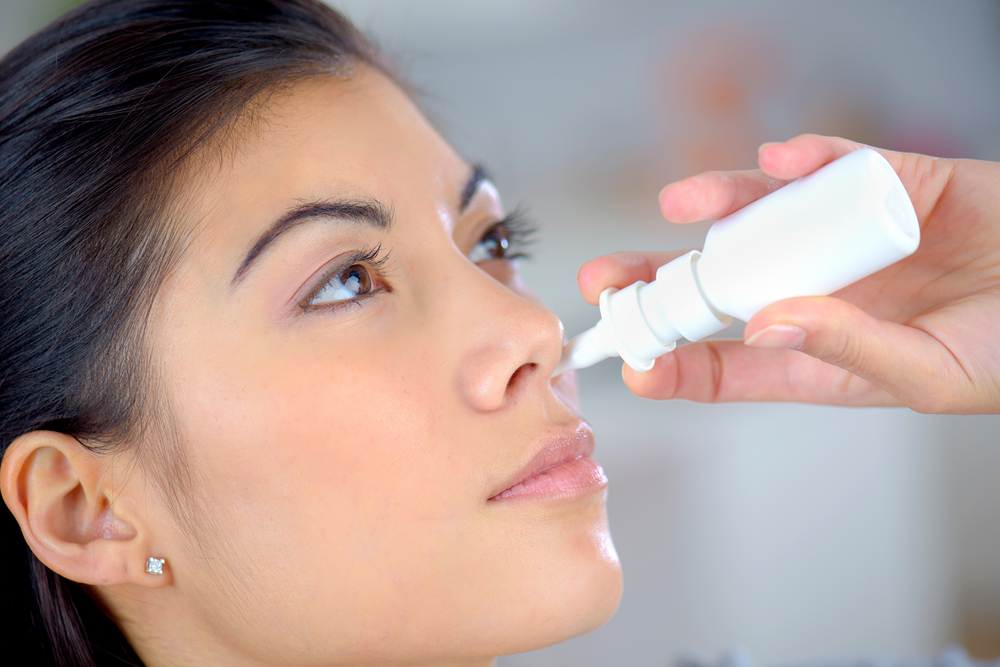
Two out of 10 Filipino adults are affected by nasal allergies, according to the National Nutrition and Health Survey conducted in 2008. Also known as allergic rhinitis, nasal allergies are a group of symptoms affecting the nose. These symptoms occur when you breathe in something that you are allergic to (known as allergens).
Symptoms
You’ll usually feel one or more allergic rhinitis symptoms immediately after coming into contact with an allergen. Some symptoms, such as recurrent headaches and fatigue, may only develop after long-term exposure to allergens. Common symptoms include:
Causes
When your body comes into contact with an allergen, it releases histamine, which is a natural chemical that defends your body from the allergen. This chemical causes allergic rhinitis and its symptoms. Pollen is the most common allergen.
In addition to pollen, other common allergens include:
In the Philippines, more people develop allergic rhinitis during the dry season when trees, flowers, grass and weeds produce more pollen.
Risk factors
Allergies can affect anyone, but you’re more likely to develop allergic rhinitis if your family has a history of allergies.
Some external factors can trigger or worsen allergic rhinitis, including:
Treatment options
Common treatments include:
Antihistamines work by stopping your body from making histamine. Talk to your doctor before starting a new medication. Make sure that a new allergy medication won’t interfere with other medications or medical conditions.
Decongestants can be taken over a short period to relieve a stuffy nose and sinus pressure. If you have high blood pressure or a genitourinary disease, speak with your doctor before using a decongestant.
Eye drops and nasal sprays can help relieve itchiness and other allergy-related symptoms for a short time. However, you should avoid long-term use of these products.
Home remedies
-Medical Observer
Overweight and obesity are defined as abnormal or excessive fat accumulation that presents a risk to health. A body mass […]
Around 27 million Filipino adults are overweight or obese, according to the latest National Nutrition Survey conducted by the Food […]
Advances in scientific and technological knowledge have provided unprecedented advantages in terms of immeasurable convenience in our daily living, lightning-fast […]